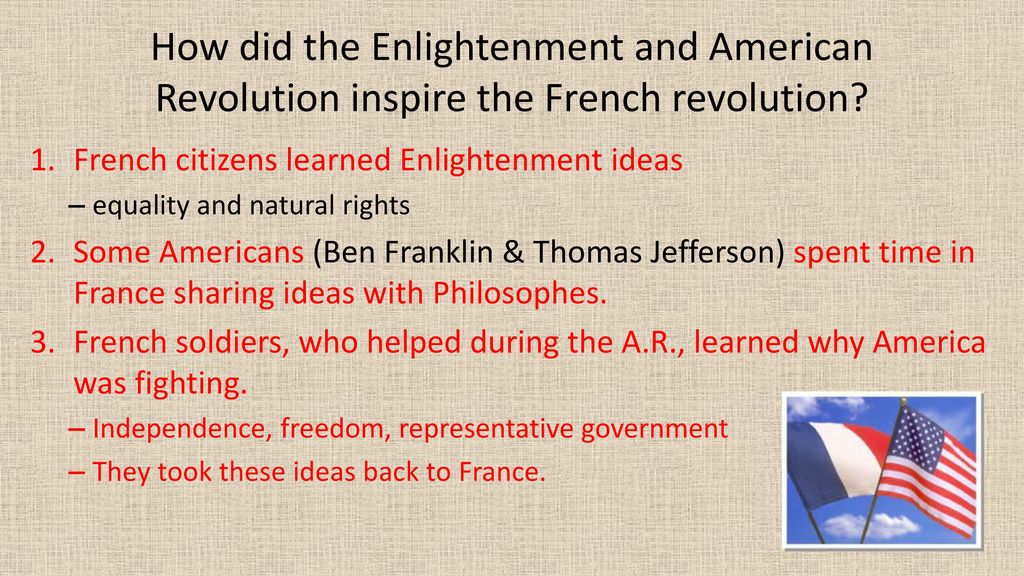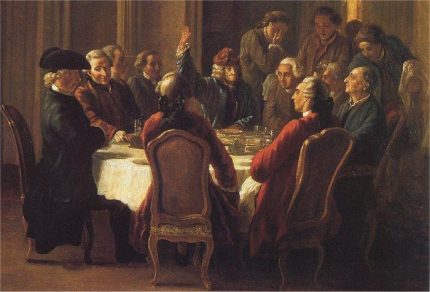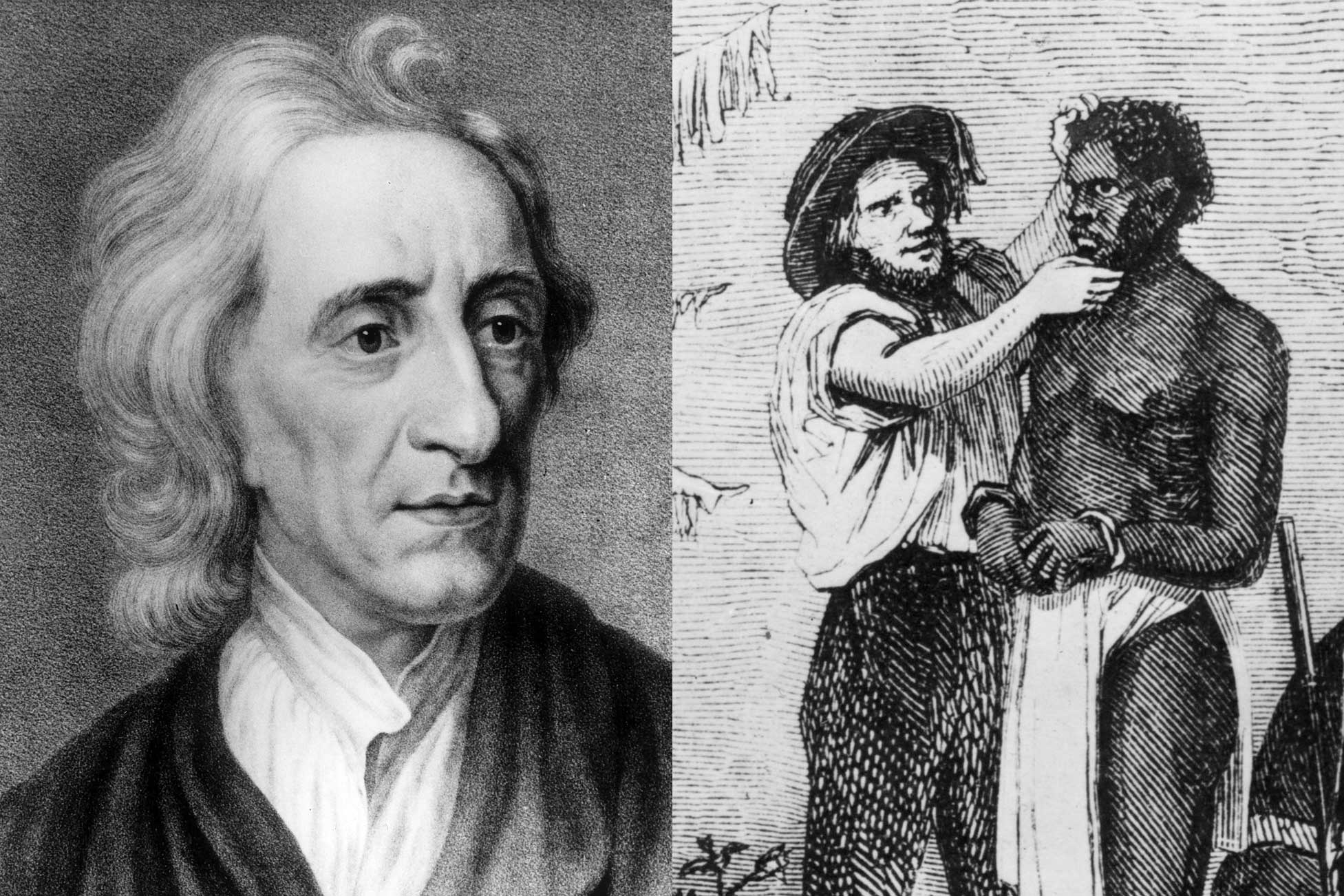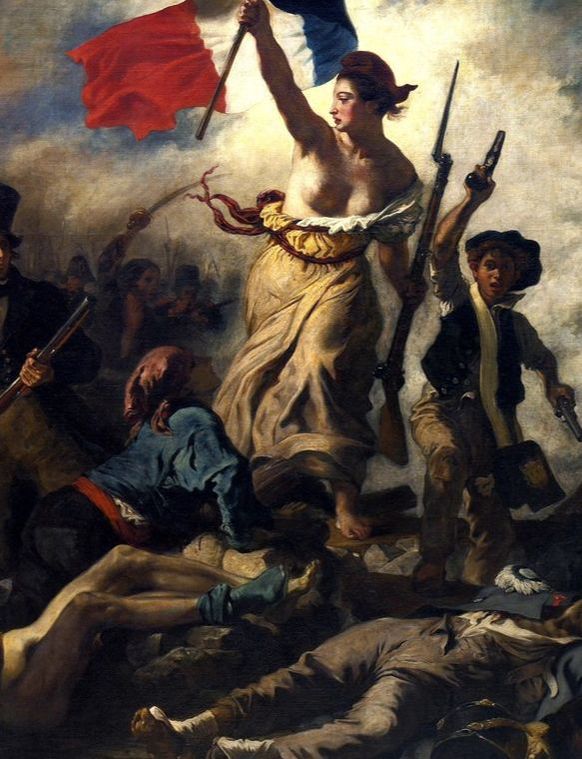The Enlightenment was a period of intellectual and cultural movement in Europe that took place in the 18th century. It was characterized by a focus on reason and individualism, as well as a belief in progress and the power of human knowledge. These Enlightenment philosophies had a significant impact on the American Revolution, as they provided a framework for the revolutionaries to challenge the authority of the British monarchy and advocate for the rights of individuals.
One of the key Enlightenment ideas that influenced the American Revolution was the concept of natural rights. This idea, which was developed by philosophers such as John Locke, argued that all individuals are born with certain inherent rights, such as the right to life, liberty, and property, that cannot be taken away by any government or authority. The colonists in America began to see themselves as being denied these natural rights by the British monarchy, which imposed taxes and regulations on the colonies without their consent. The Declaration of Independence, which was adopted by the Continental Congress in 1776, cites the denial of natural rights as one of the main reasons for the colonies' separation from Britain.
Another important Enlightenment philosophy that played a role in the American Revolution was the idea of popular sovereignty. This concept, which was developed by philosophers such as Jean-Jacques Rousseau, argued that the legitimacy of a government depends on the consent of the governed. The colonists in America began to see themselves as being governed without their consent, as they had no representation in the British Parliament. This led to the slogan "no taxation without representation," which became a rallying cry for the revolutionaries.
The Enlightenment also emphasized the importance of individual liberty and the role of the individual in society. This idea, which was influenced by the work of philosophers such as Immanuel Kant and Voltaire, challenged the traditional social hierarchy and the authority of the monarchy. The colonists in America saw themselves as being denied their individual liberties by the British monarchy, which imposed strict controls on trade and commerce in the colonies. This led to the idea of "liberty" becoming a key theme in the American Revolution.
In conclusion, the Enlightenment philosophies of natural rights, popular sovereignty, and individual liberty had a significant impact on the American Revolution. These ideas provided a framework for the revolutionaries to challenge the authority of the British monarchy and advocate for the rights of individuals. The ideas of the Enlightenment continue to influence political thought and action around the world to this day.
What impact did the Enlightenment philosophers ideas have on democracy?

Which type of government ensures that all citizens vote directly on government issues without the need for an elected representative? Some of the leaders of the American Revolution were influenced by Enlightenment ideas which are, freedom of speech, equality, freedom of press, and religious tolerance. Enlightenment Philosophers made a huge difference in the late 17th and 18th century. People's Rights During The Enlightenment 874 Words 4 Pages During the Enlightenment, it was a time of change and when philosophers expressed their ideas to discover new ways to understand and improve the society they are in. This search led away from mercantilism but to the emergence of classical economic liberalism. It was mostly influenced by Descartes, Locke, and Newton. Enlightenment Philosophers always believed that there is a natural law also the truth that people always have trouble understanding.
Unit 1 American Government Flashcards

Global politics in the 17th and 18th century, including France, Venezuela and Mexico were impacted greatly by the ideas of the enlightenment. By changing the environment and subjecting people to the right influences, people could be changed and a new society created. Copernicus to Newton they persuaded philosophers and many writers that thought inherited from both ancient and medieval christen worlds were wrong and need to be challenged. How did the Enlightenment thinkers influence the development of democracy? The Enlightenment beliefs that influenced the American Revolution were natural rights, the social contract, and the right to overthrow the government if the social contract was violated. Enlightened monarchs had total control but embraced rationality. Author of The Wealth of Nations, Adam Smith opposed guild restrictions,monopolies, trade barriers and any type of protectionism. How did the Enlightenment impact the formation of the United States? He, along with all property owners in Athens, has discussed the issue at great length and must decide the fate of Athens.
How Did The Enlightenment Impact The American Revolution

Locke believe all people are born free and equal with three natural rights life, liberty, and property. Thinkers of the Enlightenment such as John Locke, Voltaire and Rousseau believed in governments that were based on the interests of the people, and not obtaining too much power. Philosophers, like Voltaire,created the idea of freedom of speech and Baron de Montesquieu developed the idea of separation of powers in governments. Newton encouraged philosophers to study nature directly and avoid metaphysics and supernaturalism. Enlightenment brought positive influences to society in the late 1700's. It also had the thinkers to attempt to discover the ration behind European government. His contemporaries in America were Benjamin Franklin and Thomas Jefferson.
How Did The Enlightenment Change

How Did The Enlightenment Upset The Balances Of Society? Patterns During The Enlightenment 123 Words 1 Pages The Enlightenment challenged older patterns, by having people think about basic things of the world, in a different perspective. He believed human learn from reason, not from faith. A Laws should never be changed B Government power should be limited C Only wise people can exercise power D Weak government is worse than no government Which statement BEST describes a difference between a presidential and parliamentary system of democracy? The philosophers Locke, Voltaire, Smith, and Wollstonecraft stress the importance of the people´s rights in the society. What were the major formative influences on the philosophers? It is the duty of government to protect these natural rights of its citizens. The enlightenment changed the way people looked at nature and earth.

Reasoning, rationalism, and empiricism were some of the schools of thought that composed the Enlightenment. In terms of geographic distribution of power, which type of government is represented in this scenario? This discovery resulted in a mechanical view of the universe that is operated according to fixed laws. The intellectuals of he Enlightenment became convinced that the natural laws that governed politics, economics, and religions. The Enlightenment ideas were the main influences for American Colonies to become their own nation. To none will we sell, to none deny or delay, right or justice. The Enlightenment was exactly the opposite of what religious ideas were all about. Adam Smith's economic theories were particularly influential in Britain, Europe and America.







